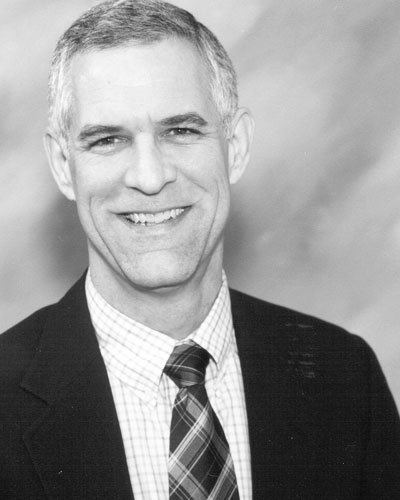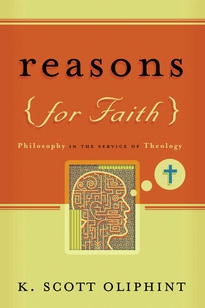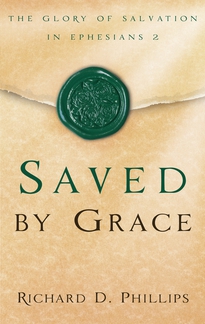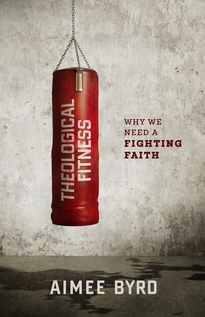Reasons for Faith: Philosophy in the Service of Theology by K. Scott Oliphint
384 pages | Direct Price: $24.99 $18.50 | Published: 2006
Summary: Philosophy poses questions and problems that are often thought to undermine Christian faith. Christians need not shy away from these discussions. There is “philosophical good news for the Christian,” says K. Scott Oliphint. The Christian position is “not simply a plausible alternative,” but “the consistent, cogent, and altogether reasonable position that is able to offer solutions to the problems posed.”
About the Author:
 K. Scott Oliphint (MAR, ThM, PhD, Westminster Theological Seminary) is professor of apologetics and systematic theology at Westminster Seminary, Philadelphia. He has written numerous journal articles in the field of apologetics, is author of The Battle Belongs to the Lord, Christianity and the Role of Philosophy, Should You Believe in God?, is the editor of Common Grace and the Gospel, Second Edition, The Defense of the Faith, Fourth Edition, and is coeditor of Revelation and Reason: New Essays in Reformed Apologetics.
K. Scott Oliphint (MAR, ThM, PhD, Westminster Theological Seminary) is professor of apologetics and systematic theology at Westminster Seminary, Philadelphia. He has written numerous journal articles in the field of apologetics, is author of The Battle Belongs to the Lord, Christianity and the Role of Philosophy, Should You Believe in God?, is the editor of Common Grace and the Gospel, Second Edition, The Defense of the Faith, Fourth Edition, and is coeditor of Revelation and Reason: New Essays in Reformed Apologetics.
Endorsements:
“A wonderful book. If given the attention it deserves, Reasons for Faith should change the discussion in matters relating revelation to reason from now on. Oliphint interacts with many of the major questions raised in the areas of metaphysics, epistemology, and ethics, and in every case shows himself to be thoroughly conversant with the issues. Most significantly, he is able to show how theology in the Reformation tradition provides the only credible basis for resolving the problems. Reasons for Faith will leave no one indifferent, and many profoundly grateful.”
—William Edgar, professor of apologetics and department coordinator, Westminster Theological Seminary, Philadelphia
“Since Van Til, no presuppositional apologist has given us such a deep and detailed analysis of the relation of Christianity to philosophy. Oliphint is at home in the philosophical literature, from the Greeks to Aquinas to Plantinga and many others, and he sheds light on many issues of importance to Christians. This volume is an exploration, much open to further discussion.”
—John M. Frame, professor of systematic theology and philosophy, Reformed Theological Seminary, Orlando















 Joshua Mack (MA in biblical counseling, The Master’s College; MDiv, The Master’s Seminary; DMin, The Southern Baptist Theological Seminary) is pastor-teacher of Living Hope Church in Pretoria, South Africa, and executive director of 1Hope Ministries International. He and his wife Marda have five daughters as well as two boys and one girl in permanent foster care. He is the author of
Joshua Mack (MA in biblical counseling, The Master’s College; MDiv, The Master’s Seminary; DMin, The Southern Baptist Theological Seminary) is pastor-teacher of Living Hope Church in Pretoria, South Africa, and executive director of 1Hope Ministries International. He and his wife Marda have five daughters as well as two boys and one girl in permanent foster care. He is the author of 